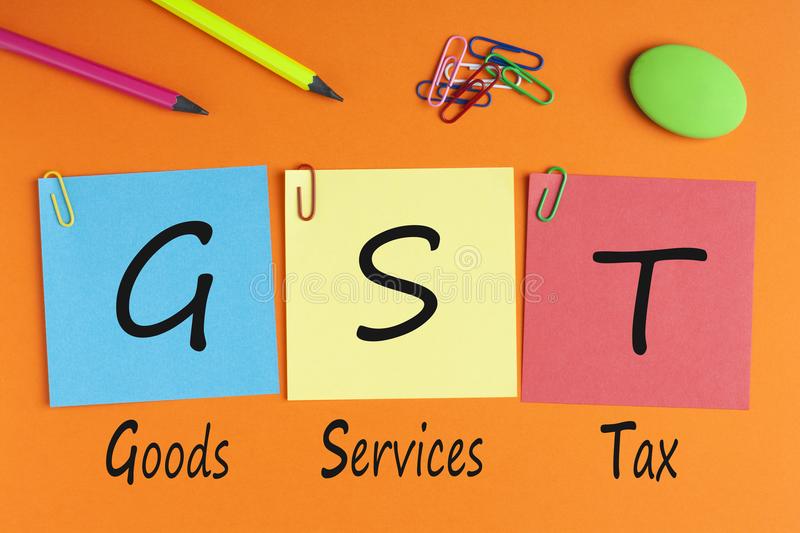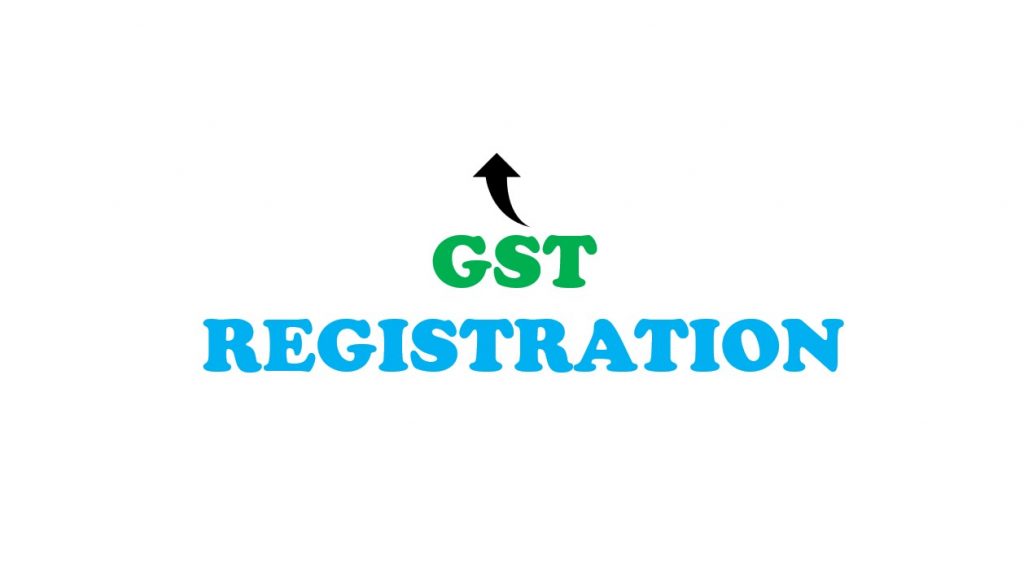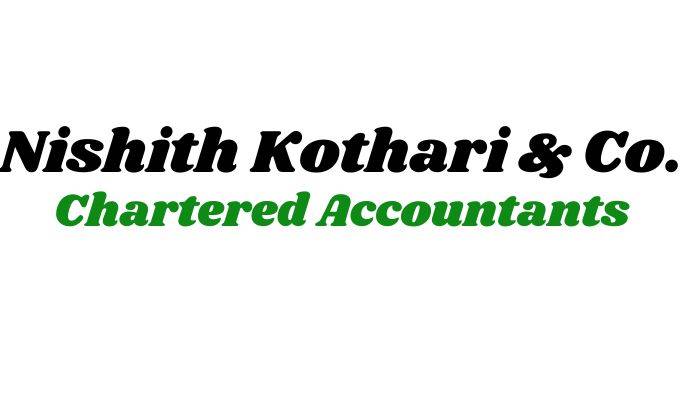GST Registration – Easy Guide FY 2021 Onwards

GST is applicable on supply of goods or services in India. It is a destination-based consumption tax. A dual taxation model wherein tax levied by both Central and State governments. GST has replaced Excise duty, Service tax, State VAT, Purchase Tax, luxury Tax, Entry Tax, Entertainment allowance, States cess and surcharges.
Definition of taxable person under section – 2 of GST Act
GST defines a ‘taxable person’ as a person carrying business and is either registered or required to be registered under the Act in India. A taxable person can be Individual, Hindu undivided Family (HUF), company including foreign company, firm, LLP, Association of Person (AOP) or Body of Individuals (BOI), local authority & Artificial Judicial Person (AJP), Trust, Cooperative Societies, Societies as defined under societies registration Act Central Government and State government, body corporate incorporated under the laws of outside India.
GST Registration turnover limit
GST registration can be obtained voluntarily by any person or entity irrespective of turnover. GST registration becomes mandatory if a person or entity sells goods or services beyond a certain turnover.
For Service Providers if aggregate turnover exceeds INR 20 lakhs in a year is compulsorily required to obtain GST registration. However, for special category states, aggregate turnover limit for service providers is INR 10 lakhs.
Goods Suppliers if aggregate turnover exceeds INR 20 lakhs in a year is compulsorily required to obtain GST registration. However, for special category states, aggregate turnover limit for service providers is INR 10 lakhs.
As per Notification No. 10/2019 dated 07 Mar, 2019 a special benefit was given to persons who is exclusively involved in supply of goods and whose aggregate turnover does not exceed INR 40 Lakhs. Also, the benefit is available only to person who are not compulsorily required to obtain registration under Section 24 or they are not supplier of pan masala, Ice cream and other edible ice, whether or not containing cocoa or All goods, i.e., Tobacco and manufactured tobacco substitutes.
What are Special Category States
As specified in article 279A(4)(g) of constitution. They are Arunachal Pradesh, Assam, Jammu and Kashmir, Manipur, Meghalaya, Mizoram, Nagaland, Sikkim, Tripura, Himachal Pradesh and Uttarakhand.
What is Aggregate Turnover as per GST Act
As per Section 2(6) of the GST Act ‘Aggregate Turnover’ means
Aggregate turnover = Value of all taxable Supplies
Add: Exempt Supplies
Add: Export of Goods or Services or both
Add: Interstate supply of persons having same PAN
Less: CGST/SGST/IGST/UGST, Cess
Less: Value of inward supplies on which tax is payable be a person on reverse charge basis.
Compulsory GST Registration
Following category of persons have to obtain compulsory GST Registration:
- Persons making inter-State taxable supply
- Casual taxable persons ( However, casual taxable person making taxable supply of handicraft goods were given exemption from compulsory registration vide notification no 32/2017 of CGST Act)
- Person who pays tax under RCM
- persons who supply goods or services or both through electronic commerce operator
- non-resident taxable persons making taxable supply
- Input Service Distributor
- every electronic commerce operator;
- every person supplying online information and database access or retrieval services from a place outside India to a person in India, other than a registered person
Exempted from GST Registration even if making inter state supply
Following categories of person are exempted to obtain GST registration even if making inter state supply:
- Persons making interstate supply of services if the aggregate turnover does not exceed 20 lakhs & for special category states, aggregate turnover limit for service providers is INR 10 lakhs.
- Job workers engaged in making inter-State supply of services to a registered person.
- Person making supply of services through Electronic Commerce Operator (ECO) who is required to collect TCS U/S 53 if the aggregate turnover does not exceed 20 lakhs & for special category states, aggregate turnover limit for service providers is INR 10 lakhs.
- Persons or casual taxable persons making interstate supply of handicraft goods if the aggregate turnover does not exceed 20 lakhs & for special category states, aggregate turnover limit for service providers is INR 10 lakhs.
HSN Code covered under handicraft goods are:-
| S No | Description | HSN Code |
|---|---|---|
| 1. | Leather articles (including bags, purses, saddlery, harness, garments) | 4201, 4202, 4203 |
| 2. | Carved wood products (including boxes, inlay work, cases, casks) | 4415, 4416 |
| 3. | Carved wood products (including table andkitchenware) | 4419 |
| 4. | Carved wood products | 4420 |
| 5. | Wood turning and lacquer ware | 4421 |
| 6. | Bamboo products[decorative and utility items] | 46 |
| 7. | Grass, leaf and reed and fibre products, mats, pouches, wallets | 4601, 4602 |
| 8. | Paper Mache articles | 4823 |
| 9. | Textile (handloom products) | including 50, 58, 62, 63 |
| 10. | Textiles hand printing | 50, 52, 54 |
| 11. | Zari thread | 5605 |
| 12. | Carpet, rugs, durries | 57 |
| 13. | Textile hand embriodery | 58 |
| 14. | Theatre costumes | 61, 62, 63 |
| 15. | Coir products (including mats, mattresses) | 5705, 9704 |
| 16. | Leather footwear | 6403, 6405 |
| 17. | Carved stone products (includingstatues, statuettes, figures of animals, writingsets, ashtray, candle stand) | 6802 |
| 18. | Stones inlay work | 68 |
| 19. | Pottery andclay products, including terracotta | 6901, 6909, 6911, 6912, 6913, 6914 |
| 20. | Metal table and kitchen ware (copper, brass ware) | 7418 |
| 21. | Metal statues, images/statues vases, urns and crosses of the type used for decoration of metals of chapters 73 and 74 | 8306 |
| 22. | Metal bidriware | 8306 |
| 23. | Musical instruments | 92 |
| 24. | Horn and bone products | 96 |
| 25. | Conch shell crafts | 96 |
| 26. | Bamboo furniture, cane/Rattan furniture | |
| 27. | Dolls and toys | 9503 |
| 28. | Folk paintings, madhubani, patchitra, Rajasthani miniature | 97 |
All about GSTIN
GSTIN acronym of Goods and Services Tax Identification Number a 15-digit registration number provided to taxable person. Applying for GST registration does not involve any payment of fees and same can be obtained online within 7 working days. The Code consists of 2-digit state code followed by 10-digit PAN of person.
Download GST Registration Certificate
GST certificate can be downloaded for GST portal online. Logon to GST Account and go to user services to download the same. The certificate should be prominently displayed at taxable persons place of business.
GST Portal Link refer >> https://www.gst.gov.in/
Register for GST through TaxLedgerAdvisor
Our experts at TaxLedgerAdvisor can obtain GST Registration. The process usually takes 3 to 7 working days. The process is in online mode and no manual process involved.
Also refer other articles from Tax Ledger Advisor >>
https://www.taxledgeradvisor.com/gst-return-filing/
https://www.taxledgeradvisor.com/gst-annual-return-filing/
https://www.taxledgeradvisor.com/gst-cancellation/
Voluntary Registration under GST in Udaipur and Rajasthan
Any taxable person being a supplier of goods or services or both as defined above can voluntarily obtain GST registration irrespective of their aggregate turnover. Voluntary registration
Any person or entity that wishes to supply goods or services can obtain GST registration voluntarily, irrespective of business turnover. Voluntarily obtaining GST registration can help the business avail Input Tax Credit and also provide GST bill to customers.
Penalty for not Obtaining GST Registration
A taxable person who once crosses the aggregate turnover limit or who is otherwise required to obtain registration shall obtain the same with thirty days of becoming liable to obtain such registration. A penalty of INR 10,000 can be levied for delay or non-compliance
Documents Required for GST Registration
| Sole proprietor / Individual | 1. PAN Card and Aadhar card 2. Photograph 3. Bank account statement 4. Place of business Address proof either property documents/rent agreement along with electricity bill/No Objection Certificate by owner |
| LLP and Partnership Firms | 1. PAN card of all partners 2. partnership deed copy 3. Photograph of all partners and authorized signatories 4. Address proof of partners 5. Aadhar card of authorized signatory 6. Proof of appointment of authorized signatory 7. In the case of LLP, registration certificate / Board resolution of LLP 8. Bank account details 9. Place of business Address proof either property documents/rent agreement along with electricity bill/No Objection Certificate by owner Address proof of principal place of business |
| HUF | 1. PAN card of HUF 2. PAN card and Aadhar card of Karta 3. Photograph of the owner 4. Bank account details 5. Place of business Address proof either property documents/rent agreement along with electricity bill/No Objection Certificate by owner Address proof of principal place of business |
| Company (Public and Private) (Indian and foreign) | 1. PAN card of Company 2. Certificate of incorporation provided by MCA 3. Memorandum of Association / Articles of Association 4. PAN card and Aadhar card of authorized signatory. The authorized signatory must be an Indian even in case of foreign companies/branch registration 5. PAN card and address proof of all directors of the Company 6. Photograph of all directors and authorized signatory 7. Board resolution appointing authorized signatory / Any other proof of appointment of authorized signatory 8. Bank account details 9. Place of business Address proof either property documents/rent agreement along with electricity bill/No Objection Certificate by owner Address proof of principal place of business |
GST Registration Advantages
- GST Registration and return filling serves as a proof of turnover and business activity which facilitates person to seek loans from banks or NBFCs.
- Big Corporates/ MNCs usually have a onboarding process for supplier and usually GST registration is a mandatory requirement.
- E- commerce operators (ECO) have made compulsory GST registration for their supplier. So in order to sell products through ECO, person must obtain GST registration.
- Registered person can obtain benefits of taxes paid on his purchases and expenses to meet out its output tax liabilities on supplies made by him.


